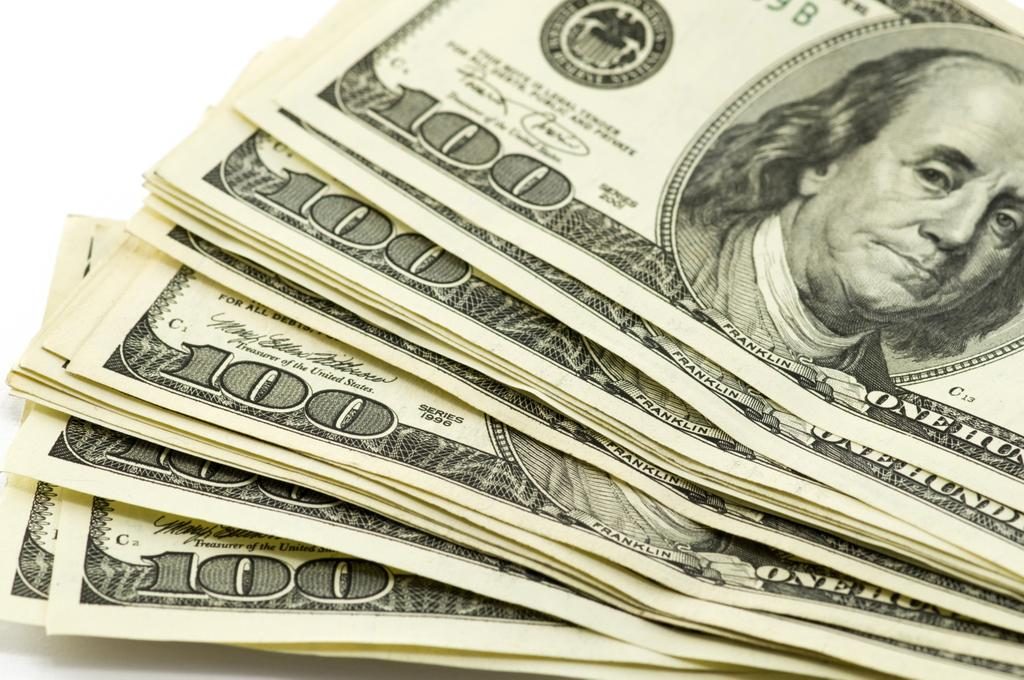
If a big problem with the potential of causing major disruption gets resolved in a series of steps without causing major disruption, then this is good news for the world. In recent months this has been happening in the context of the international currency system. We must welcome this, but at the same remain cautious.
The overwhelming position of the US dollar, particularly in the context of oil trading (petrodollars) has been an artificial creation of the post second war world which may not have been very harmful if the USA had not sought to use this advantage to harm others, but unfortunately this had been increasingly the case with sanctions being imposed on country after country in arbitrary ways and very expensive wars, even more costly in terms of the distress caused by them, being unleashed again and again. Hence there has been increasing yearning among many countries to reform the international currency system and as opportunities have emerged they have rightly asserted themselves to have increasing mutual trade in their own currencies. The fact that big oil exporters like Saudi Arabia and Iran have been drawn into this is seen to be particularly important for weakening dollar hegemony, as petrodollars have been so crucial for this. Other reforms like the New Development Bank as an alternative source of funds for Global South are also helpful in this, with a part of their lending being in local currencies. BRICS countries have played an important role in this, and this influence may increase with more countries expressing a desire to join BRICS.
Apart from such conscious steps being taken by countries to help themselves and in the process reduce the dominance of dollar, there are other factors relating to the USA being less than cautious in handling its privileged position which arose from the post-war situation. However it should be noted that the opposition to the dominance of the dollar as international currency in 1945 was not confined to just the Soviet Union and its allies as several well-informed people felt that in the increasingly complex world the currency of any one nation should not be the dominant international currency and some other alternative should be evolved by the international monetary and financial institutions. Valery Giscard d’Estang, Finance Minister of France said in 1965 that the US dollar’s prominence in global finance is an “exorbitant privilege”.
A few years later, in 1971, Richard Nixon made a unilateral declaration that the USA is not obliged any more to provide gold in exchange of dollar. This one-sided de-linking from gold, without due international consultation, led a scholar Susan Strange to observe, that now it is a situation of ‘super exorbitant privilege’.
In an interview Nobel Laureate USA economist Paul Samuelson told People’s Daily online on December 26 2005 (interview with Yong Tang), a time when the US dollar was regaining strength, “In the short run the dollar appreciates relative to the Euro and Yen. That can last for as long as these countries recycle eagerly their trade surpluses with the US into holding dollar assets (such as low-yielding American treasury bonds). Be not misled. So strong and irreversible are American balance of payment deficits, we must accept that at some future date there will be a run against dollar. Probably the kind of disorderly run that precipitates a global financial crisis.”
Samuelson also said that the situation is being worsened by a less then responsible use by the USA of its privileged position. He told the interviewer, “President Bush is a reckless economist leading a reckless crew of subordinates. Spending on a hopeless imperialist caper in Iraq plus Bush giving away to the rich much of America’ tax base, will eventually depreciate the American dollar. Those now abroad who hold dollar assets will then reap the capital losses that they are not now expecting.”
In 2008 Jonathan Kirshner, of Cornell University, USA, wrote in a paper titled ‘Dollar Primacy and American Power–What’s at Stake?’, “There are good reasons to anticipate fundamental changes in the international role of the dollar, and concerns about the future of dollar are heard with increasing frequency. Such a change would not only have considerable economic implications; it could shake up foundations of international power politics.”
He added that US trade deficits have been shattering record after record. He commented wryly, “Most other countries would find their back to the economic wall under such circumstances.”
Hence responsible and eminent critics within the USA have been pointing out the risks of irresponsible use of a privileged position and we can say that a big disruption could have arisen from this even without any conscious efforts on the part of other important countries to reduce their dependence on the US dollar. So if instead of a possible sudden crash-like situation instead we now have gradual reduction of dollar hegemony, then on the whole, from the point of view of the entire world, such a change should be welcomed.
One worry that still remains is how the USA authorities would take this change, how they would react to it, whether they would respect the decisions of various countries to protect their interests as perceived by them, or whether the USA authorities would take some action which in their opinion can prolong the hegemony of dollar. Keeping in view the many-sided tensions and conflicts that already exist, all care should be taken to try to ensure that as the currency system tries to find a new balance, no new conflicts emerge and the entire issue can be managed within a framework of peace and stability.
Bharat Dogra is Honorary Convener, Campaign to Save Earth Now. His recent books include Planet in Peril, Protecting Earth for Children and A Day in 2071.











































